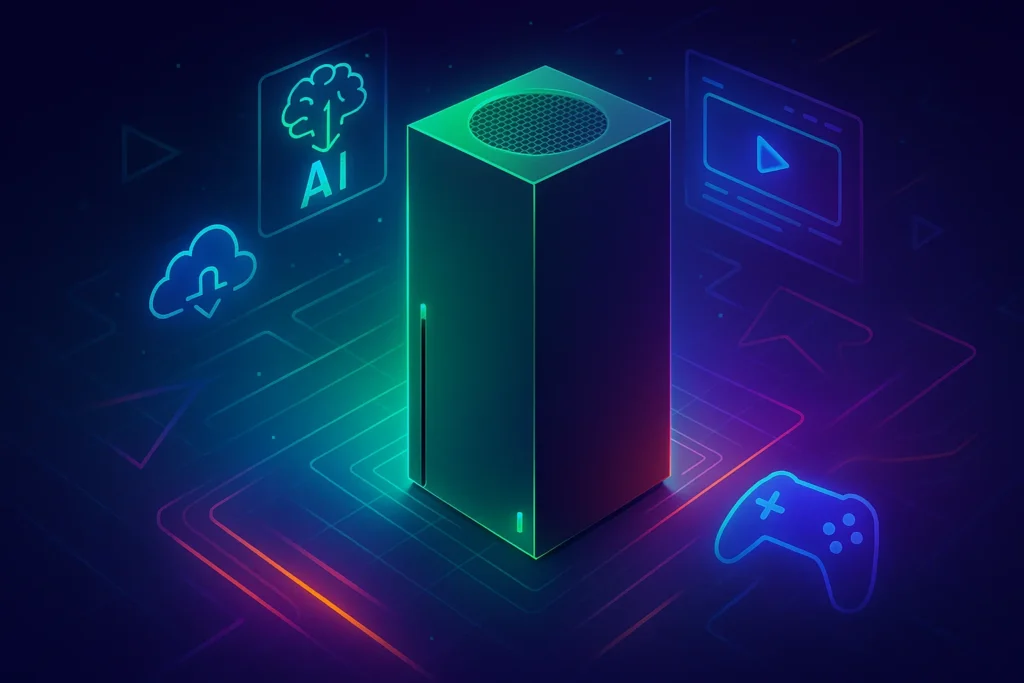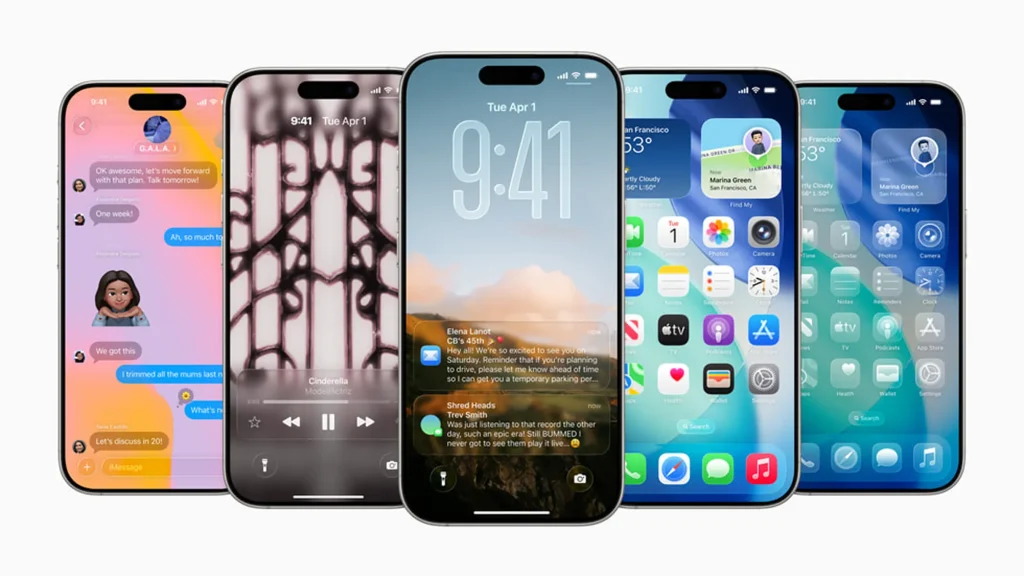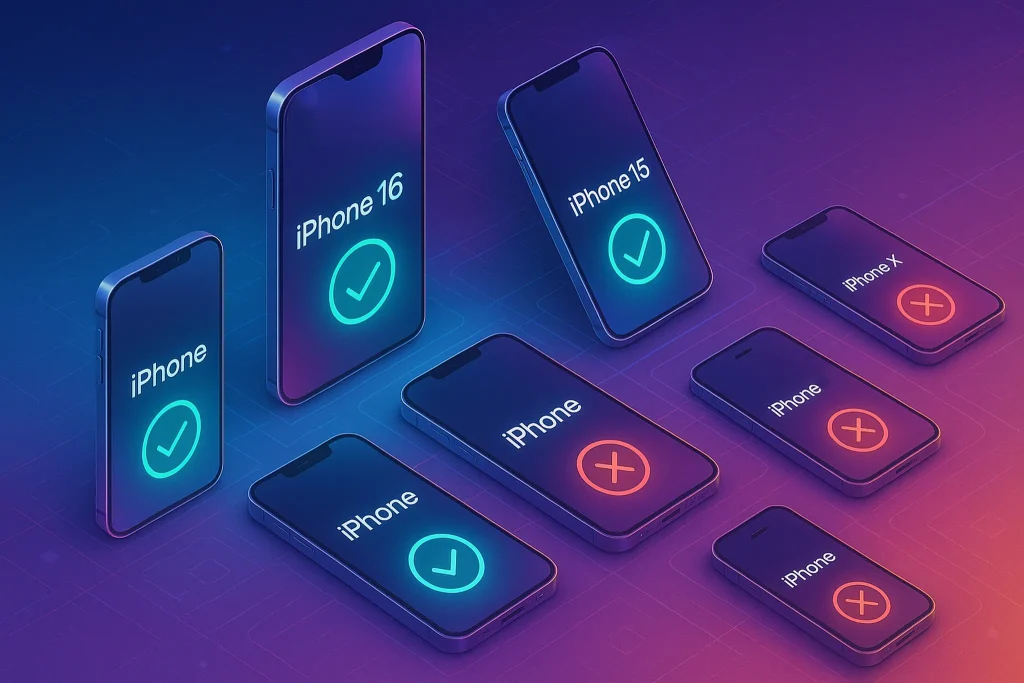Intro:
It’s been years since the Xbox Series X/S hit shelves, and while Microsoft hasn’t officially announced the next console, rumors about the next-gen Xbox are intensifying in 2025. With Sony’s PlayStation 6 rumors already sparking speculation, gamers are eager to know how Microsoft will respond in the next hardware cycle.
From leaked patents to insider whispers, we’re starting to piece together what the future might hold: more powerful hardware, AI-enhanced gaming, tighter cloud gaming integration, and features designed to compete directly with Sony’s next move.
Hardware Spec Rumors
The core of every new console cycle lies in its hardware leap. Early reports suggest that Microsoft’s next Xbox will be powered by a custom CPU/GPU co-designed with AMD, likely using RDNA 5 graphics and Zen 6 architecture.
-
Performance: Expect a significant jump in teraflops—potentially doubling the Series X’s raw power.
-
SSD Speeds: Faster, PCIe 5.0-based SSDs may cut load times to nearly zero, making game streaming and large-world exploration seamless.
-
AI Acceleration: With AI becoming a defining theme in tech, the next Xbox may feature on-board NPUs (neural processing units) to enhance graphics rendering, NPC behavior, and personalized experiences.
The goal isn’t just better graphics—it’s smoother, smarter gaming experiences. Imagine AI-assisted rendering that adjusts resolution on the fly, or smarter NPCs powered by localized inference.
Controller Updates
The DualSense controller set a new standard for immersion on PlayStation. Microsoft is reportedly working on its own adaptive controller evolution:
-
Advanced Haptics: More precise vibration feedback for subtle environmental effects.
-
Adaptive Triggers: Similar to Sony’s PS5, with added customization for developers.
-
AI Integration: Rumors suggest Copilot-style assist features directly tied to controller inputs, where the system can suggest button combos or strategies mid-game.
While the Xbox controller has long been favored for comfort, this next iteration may finally match PlayStation’s innovations—while adding its own AI-driven twist.
Cloud & AI Features
Microsoft has been pushing Xbox Cloud Gaming aggressively, and insiders suggest the next-gen Xbox may treat cloud integration as a core feature rather than an add-on.
-
Seamless Hybrid Play: Start a game locally, switch to the cloud mid-session, and continue on a mobile device.
-
AI Copilot Features: Think of it as a gameplay assistant—AI could analyze your play style, suggest strategies, or even handle grinding tasks.
-
Dynamic Optimization: AI could balance cloud vs local performance automatically, optimizing latency-sensitive titles.
This blurs the line between console and service. The Xbox might not just be a box—it could be an intelligent gaming hub.
Backward Compatibility
Microsoft has built goodwill by making Xbox Series X backward compatible with Xbox One and even 360 titles. Rumors suggest this will continue and even expand.
-
Full Series X/S Library: Expected to be supported seamlessly.
-
Enhanced Older Titles: AI upscaling may allow Xbox One games to run at higher resolutions and frame rates.
-
Smart Licensing: Cloud integration could unlock games you already own without redownloads.
This continuity is a key differentiator from Sony, and Microsoft is unlikely to give it up.
Release Window Speculation
While nothing is confirmed, industry analysts expect the next Xbox around 2028, aligning with a typical 7–8 year console cycle. Microsoft may release staggered tiers—one standard console and one high-end “Pro” model, similar to what’s rumored for Sony’s PS6.
This timing also allows Microsoft to refine cloud infrastructure, making the next Xbox as much about cloud-native gaming as physical hardware.
Price Expectations
Pricing remains speculative, but expectations center around two tiers:
-
Base Model: Likely $499–$599, offering strong performance and full backward compatibility.
-
Pro Model: Around $699–$799, designed for 8K, ultra-high frame rates, and advanced AI features.
Game Pass will remain Microsoft’s secret weapon. Even if hardware costs rise, bundling next-gen consoles with Game Pass Ultimate subscriptions could soften the price shock.
Competition Angle
Sony’s PS6 rumors are heating up, and the next-gen Xbox will inevitably be compared against it.
-
Performance Race: Both consoles will likely push for 8K and AI acceleration.
-
Exclusive Ecosystems: Sony dominates in exclusives, but Microsoft is betting on subscription services and cloud.
-
Cloud Gaming Wars: With debates like Cloud Gaming vs Consoles and Cloud Gaming vs PC Gaming, the Xbox’s cloud-first strategy may redefine what a “console” even means.
The big battle isn’t just about hardware—it’s about who defines the future of gaming ecosystems.
Want More Console Rumors and Leaks?
Subscribe to NerdChips Weekly for exclusive coverage of PlayStation, Xbox, and the future of gaming. Get insider insights before anyone else.
100% privacy. No spam. Just pure gaming insights.
📊 Comparison Table: Xbox vs PlayStation Rumors
| Feature | Xbox Series X (2020) | Next-Gen Xbox (Rumored) | PlayStation 6 (Rumored) |
|---|---|---|---|
| CPU/GPU | AMD Zen 2 / RDNA 2 | AMD Zen 6 / RDNA 5 + AI | AMD Zen 6 / RDNA 5 |
| Storage | 1TB SSD (PCIe 4.0) | Faster PCIe 5.0 SSDs | PCIe 5.0 SSDs |
| Resolution Target | 4K / 120Hz | 8K support, dynamic AI | 8K support |
| Controller | Standard haptics | Adaptive triggers + AI | DualSense 2.0 |
| Cloud Integration | Add-on via Game Pass | Core hybrid play | Expanding but limited |
| Release Window | 2020 | 2028 (expected) | 2027–2028 (rumored) |
🎨 Timeline: Xbox Evolution
-
2001: Original Xbox
-
2005: Xbox 360
-
2013: Xbox One
-
2020: Xbox Series X/S
-
2028 (Rumored): Next-Gen Xbox with AI + Cloud
✅ Checklist: 5 Rumored Features Gamers Want in the Next Xbox
-
AI-assisted NPCs and gameplay helpers.
-
Faster SSDs for instant game loading.
-
Adaptive triggers and next-gen haptics.
-
Seamless cloud-to-console play.
-
Affordable Game Pass bundles with hardware.
⚡ Can’t Wait Until 2028?
The Xbox Series X/S still delivers stunning performance today. Pair it with Game Pass for next-gen experiences—without waiting years.
Realistic Performance Expectations vs Hype
Every console cycle brings with it wild rumors about impossible performance leaps—8K gaming at 120Hz, lifelike NPC AI, and photorealistic open worlds. While some of these may be technically achievable, history shows us that hype often outpaces reality.
The Xbox One was marketed heavily around TV integration and Kinect, which turned out to be distractions from what gamers really wanted. The Xbox Series X was pitched as “the most powerful console ever,” yet many titles still run at 4K/60 rather than the promised 120Hz due to developer constraints.
For the next Xbox, leaks about AI-driven NPCs, instant load times, and flawless 8K may sound exciting, but practical limits like heat, energy consumption, and affordability will shape what’s really delivered. Gamers should temper expectations and focus on consistent performance and smoother experiences rather than just raw numbers.
Game Studio & Exclusive Content Angle
Hardware sells consoles, but content keeps players invested. Microsoft has acquired Bethesda and Activision-Blizzard, which means that iconic franchises like Elder Scrolls, Fallout, Call of Duty, and Diablo may play a pivotal role in the next Xbox.
-
Elder Scrolls VI: Expected within the next cycle, could be a flagship RPG showcasing the console’s power.
-
Call of Duty: Whether future installments remain cross-platform or tilt toward Xbox exclusivity will shape buying decisions.
-
Game Pass + Exclusives: If Microsoft bundles exclusives into Game Pass from day one, it could redefine the competitive landscape against Sony’s PS6 lineup.
This makes the next Xbox not just a hardware story but an ecosystem play, where content and services combine to lock players into the Microsoft universe.
Subscription & Game Pass Evolution
Game Pass has already changed how players consume games, offering a Netflix-style subscription for gaming. By 2028, the next Xbox may push this even further:
-
Hardware-as-a-Service: Microsoft could subsidize console costs in exchange for long-term Game Pass subscriptions, making the barrier to entry lower.
-
Cloud-First Titles: Certain games might run partly on the console, partly in the cloud, offloading heavy AI or rendering tasks.
-
Ownership Shift: With more games tied to subscriptions, the used-game market and traditional ownership models may shrink.
This could create tension: while Game Pass offers incredible value, some gamers fear losing the ability to “own” their libraries. The balance between accessibility and ownership will define how Game Pass evolves with the next Xbox.
VR/AR Possibilities
Unlike Sony, which invested heavily in PlayStation VR2, Microsoft has mostly avoided console VR, focusing instead on HoloLens and enterprise AR. But rumors suggest that the next Xbox might dip into immersive tech:
-
Dedicated VR Headset: A proprietary headset designed for Xbox could compete directly with Meta Quest and PSVR.
-
Cross-Compatibility: Microsoft might choose to partner with PCVR or third-party headsets, creating an open ecosystem rather than a locked one.
-
AR Features: Leveraging HoloLens learnings, AR overlays or mixed-reality experiences could differentiate the next Xbox from Sony’s more traditional VR push.
If true, VR/AR could expand Xbox beyond traditional gaming into immersive experiences, esports, and even fitness applications.
Sustainability & Green Tech
Another major theme for next-gen hardware is sustainability. With stricter EU regulations on power consumption and growing environmental awareness, Microsoft may highlight eco-friendly features as a selling point:
-
Lower Power Draw: Using efficient chip designs (Zen 6, RDNA 5) to deliver performance with reduced energy usage.
-
Recyclable Materials: More recycled plastics and sustainable packaging.
-
Green Marketing: Positioning the Xbox as not just powerful, but responsible—aligning with Microsoft’s broader climate commitments.
For gamers, this could mean quieter, cooler consoles with lower energy bills, while also giving Microsoft a competitive PR edge against Sony and Nintendo.
🧠 Nerd Verdict
The next-gen Xbox is still years away, but the direction is clear: AI, cloud, and immersion. Microsoft’s strategy may not just be about beating Sony in specs—it’s about redefining what a console is in the age of cloud gaming.
If Series X was a powerhouse, the 2028 Xbox could be a smarter, more connected hub that blends local hardware with cloud services seamlessly.
❓ FAQ: Nerds Ask, We Answer
💬 Would You Bite?
Would you rather see the next Xbox focus on raw performance, or do you prefer Microsoft’s AI and cloud-driven vision for gaming’s future?



